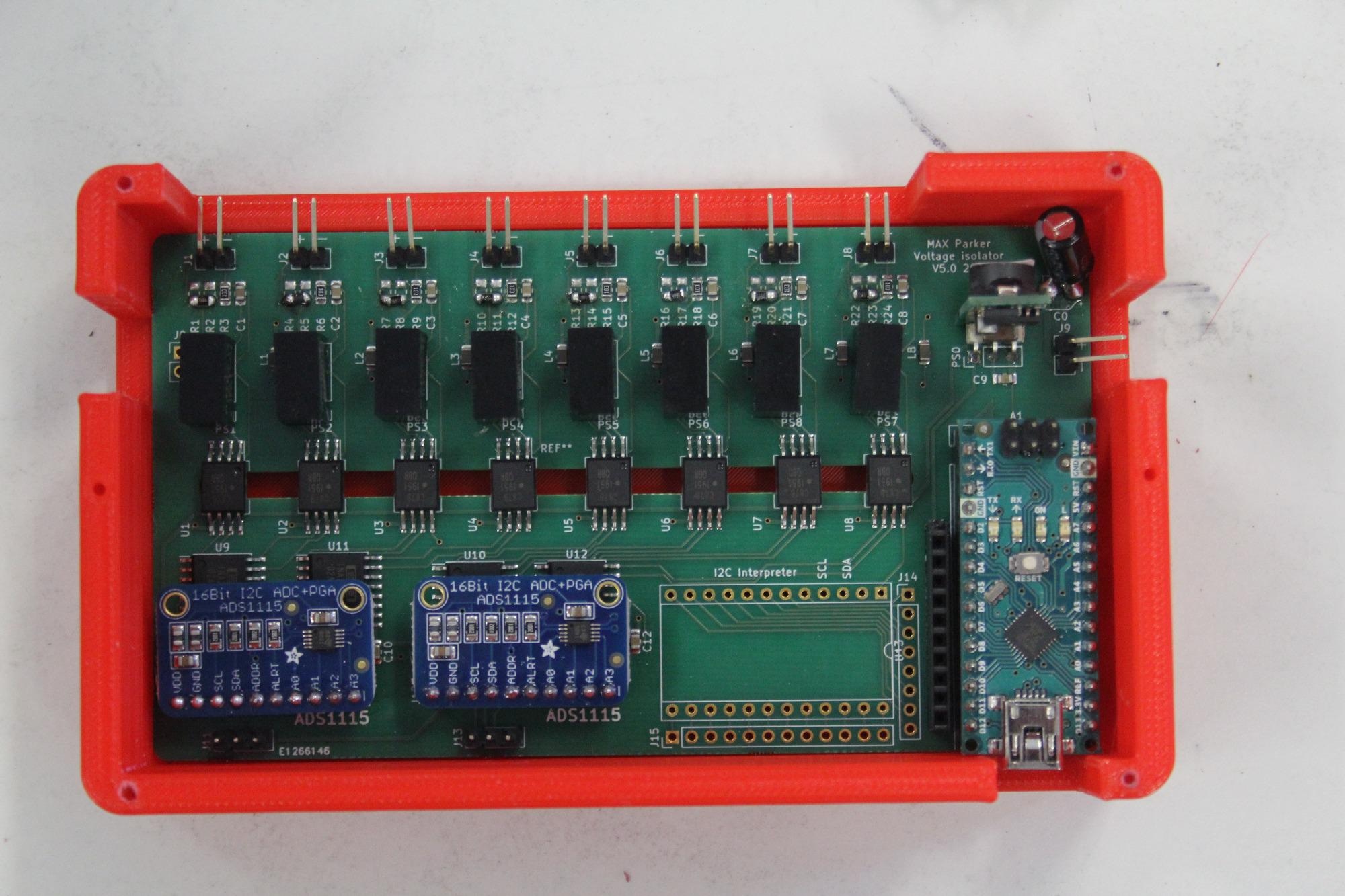
Isolated multichannel battery and cell voltage measuring circuit for use in series strings. Image Credit: WMG, University of Warwick.
Over the last few years, Europe’s energy storage transition has experienced significant growth, increasing from 0.55 GWh in 2016 to 5.26 GWh by the end of 2020, with utilities leading the way with front-of-the-meter deployments, which represent more than half of the installed capacity.
To ensure the seamless generation and storage of energy for national and regional electrical grids, the energy storage systems need high-performance, low-cost, and reliable batteries.
Now, the project called HALO-SMART-ESS-LAB (Health and Lifespan Optimization with Smart Manager Algorithms and Recuperative Testing of Energy Storage Systems of Lead-Acid Batteries) will help optimize the health and lifetime of lead-acid batteries.
The Consortium for Battery Innovation (CBI) has funded the project, which is aiming to achieve substantial improvements in operational health and cycle life of lead-acid batteries in ESS, thus paving the way for incorporating renewable energy sources into low-carbon energy systems.
Increasing the battery lifespan will lower the cost of the entire system, rendering lead batteries more appealing to commercial, industrial, and domestic applications. In addition to being affordable, lead batteries are relatively safer than Li-ion batteries in terms of safety, health and risks of fire hazards and are also fully and widely recyclable.
The team from WMG University of Warwick will collaborate with Loughborough University to target application and system operating levels instead of internal battery chemistry or technology levels.
Today’s advanced types of batteries, like VRLA AGM batteries, will be tested under various cycle profiles to fully explore:
- The use of suitably spaced recuperative charging (overcharging)
- The application of extra on-line battery voltage monitoring or complete BMS
- The use of AI and deep learning algorithms to achieve improved control techniques to reduce wear-out and failure of battery modules
- How to gain a better understanding of the ripple current impact on the ESS
Energy Storage Systems are a key solution to more decentralized and complex electricity networks, as they can support their stability and maximize the utilization of renewable generation capacity. We are therefore looking at how we can maximize the cycle life of lead-acid batteries to get the most out of them and make them cheaper and greener for all kinds of renewable energy uses.
Richard McMahon, Study Principal Investigator and Professor, WMG, University of Warwick
“The availability of low-cost powerful microprocessors is fueling an explosion in our capability to monitor, understand and impact battery degradation in real-world situations at low cost. This project is exciting because it will use expertise in the partner organizations to transition lead-acid batteries to the world of big data and smart energy storage,” stated Professor Dani Strickland from Loughborough University.
This kind of collaborative research with universities is exactly what the lead battery industry needs. Working with leading institutions to deliver new insights and modelling techniques for lead battery energy storage is critical for the wider industry to continue their foray into the utility grid storage market.
Dr Matt Raiford, Technical Manager, Consortium for Battery Innovation